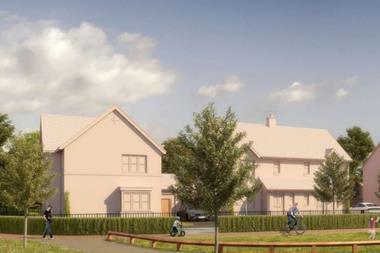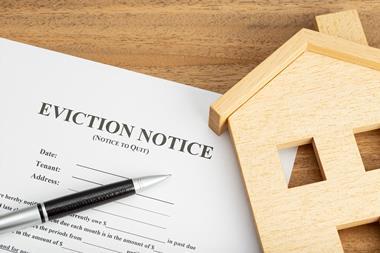The hotly anticipated Supreme Court judgment on business interruption cover has now been decided substantially in favour of the Financial Conduct Authority.

Many businesses whose claims were declined may now be able to pursue them.
This decision is of great interest to both occupiers and landlords given tenants’ inability to trade from their premises and the reduced rents received by landlords during the Covid-19 pandemic.
There are two types of policy under which a party may try to claim: loss of rent and business interruption. This case concerned business interruption cover.
These policies are invoked when the tenant cannot occupy but must continue paying rent.
While physical damage is often required, some policies have extra cover for notifiable diseases and loss of access due to regulatory restrictions.
Although Covid-19 is a notifiable disease, insurers have refused claims because businesses could not prove they were unable to occupy due to a particular Covid-19 case, and/or that there was no legal requirement for premises to be shut.
The Supreme Court has confirmed that proven cases within the vicinity are sufficient, rather than a particular case. For loss of access, it is sufficient that the government has been clear and mandatory or has indicated that legal requirements are imminent. Claims may be brought for partial closure, and insurers cannot argue that the business would have suffered anyway because of the pandemic.
The court did not consider loss of rent claims under buildings insurance policies, but the decision will be helpful in interpreting “insured risks” for a claim of this type.
While this does not guarantee any particular claim, many businesses may now succeed. Landlords and tenants should therefore carefully check leases, policies and the circumstances in which the business has been unable to occupy, and take advice on whether a claim can be brought.
Jill Carey is a director at Freeths





























No comments yet